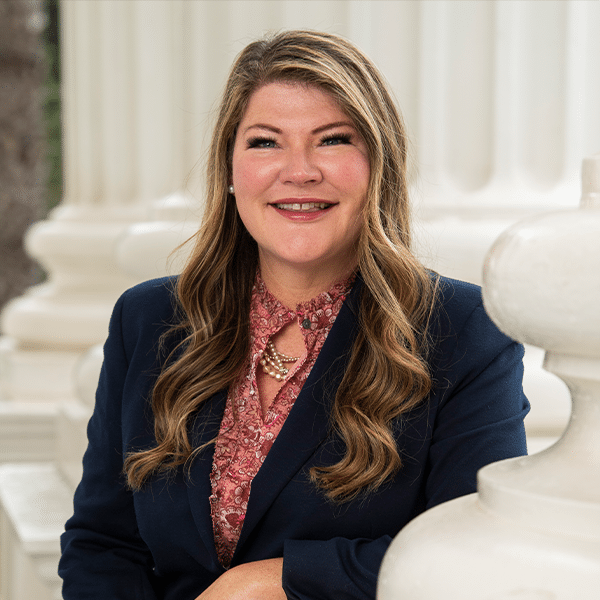A Report and Order adopted by the FCC would increase the ACP (Affordable Connectivity Program) monthly benefit for broadband subscribers live in difficult to serve locales. To get the ACP increase, providers would have to demonstrate that existing rules create a hardship for them.
The order increases ACP support to $75 per month for subscribers in qualifying high-cost areas. The current support level is $30, except on tribal lands, where the benefit is $75.
The benefit would go to operators who can demonstrate that providing only the standard monthly benefit would cause “particularized economic hardship” serious enough to cause them to not be able to maintain their entire broadband network in a high-cost area.
Separately, Congress has directed the FCC and the National Telecommunications and Information Administration (NTIA) to identify high-cost areas where the higher benefit would be available.
According to a press release about the ACP increase, the order mandates five actions:
- Adoption of rules to implement the heightened level of support.
- Define “particularized economic hardship” and establish what ACP providers must do to demonstrate they are experiencing a particularized economic hardship in a high-cost area.
- Set the processes for reviewing and making determinations on providers’ economic hardship submissions and appealing those determinations.
- Create a requirement for providers that are approved to offer the high-cost area benefit to annually resubmit an economic hardship showing to continue receiving the high-cost area benefit.
- Outline the steps providers must take to provide advance notice and a transition path for ACP consumers if the provider no longer qualifies to offer the high-cost area benefit.
Last month, Telecompetitor reported on a Webinar featuring Kathryn de Wit, the project director of the Broadband Access Initiative at the Pew Charitable Trusts.
de Wit pointed to a looming challenge to programs such as the Capital Projects Fund (CPF) and Broadband Equity Access and Deployment (BEAD), which rely on ACP to create ongoing financial stability. She pointed out that there is no guarantee that ACP will be supported after its one-time $14.2 billion infusion runs out, likely next year.
Heightening federal support could cause that date to occur sooner.



